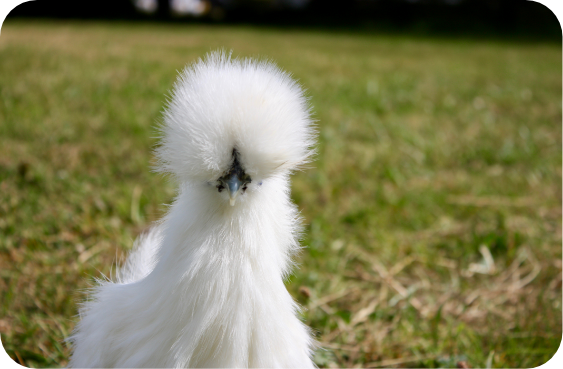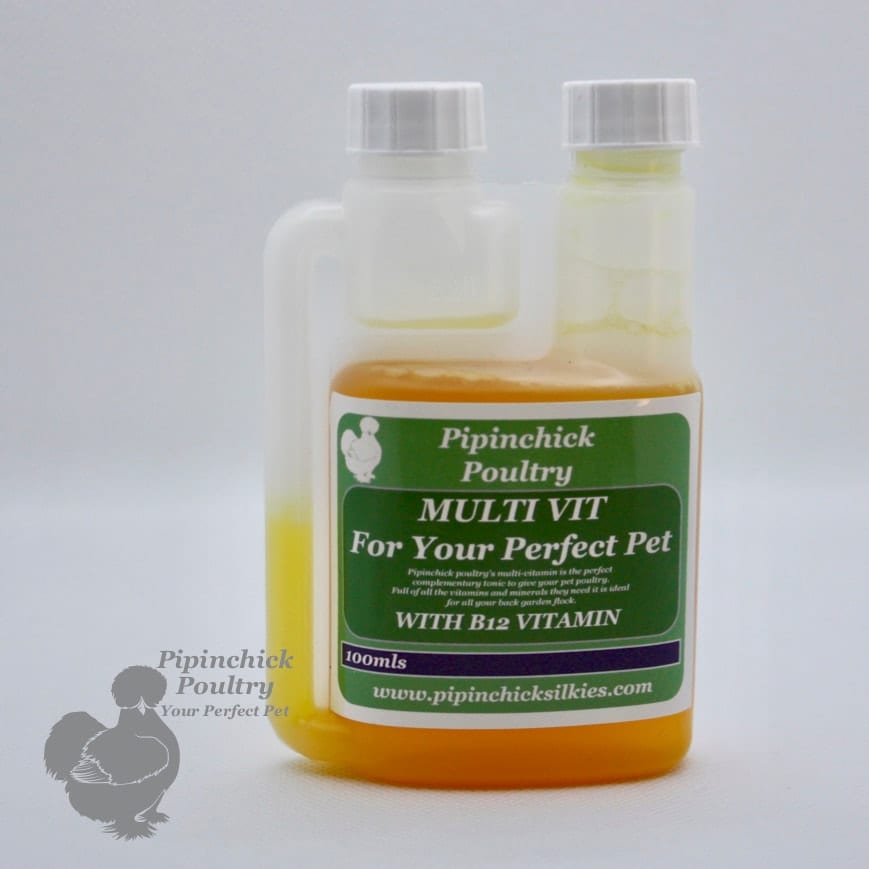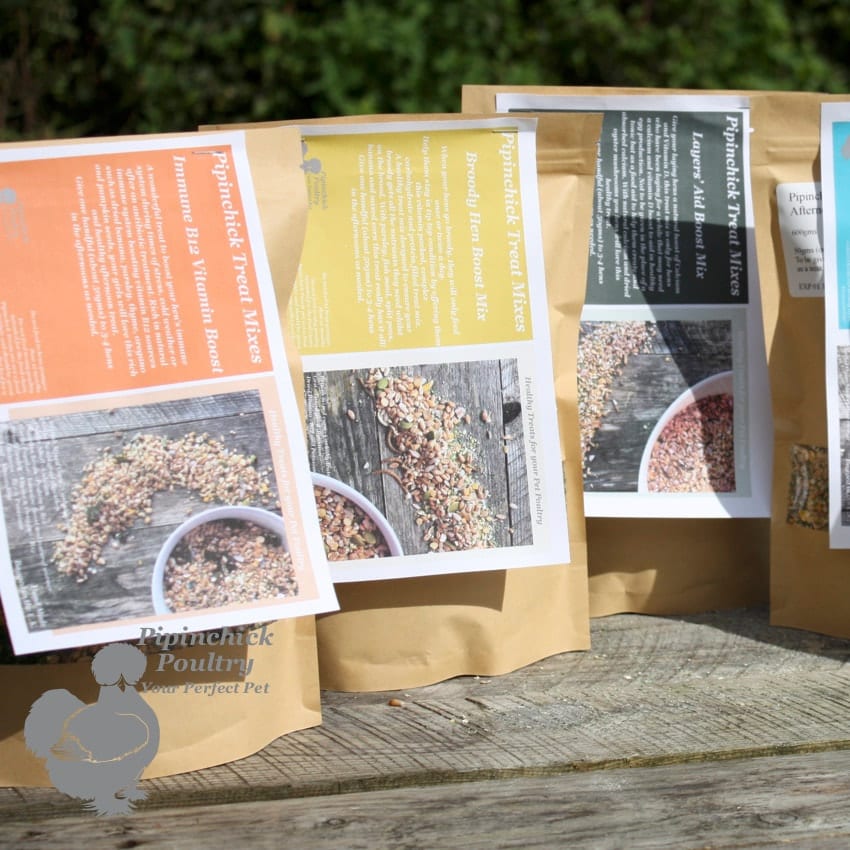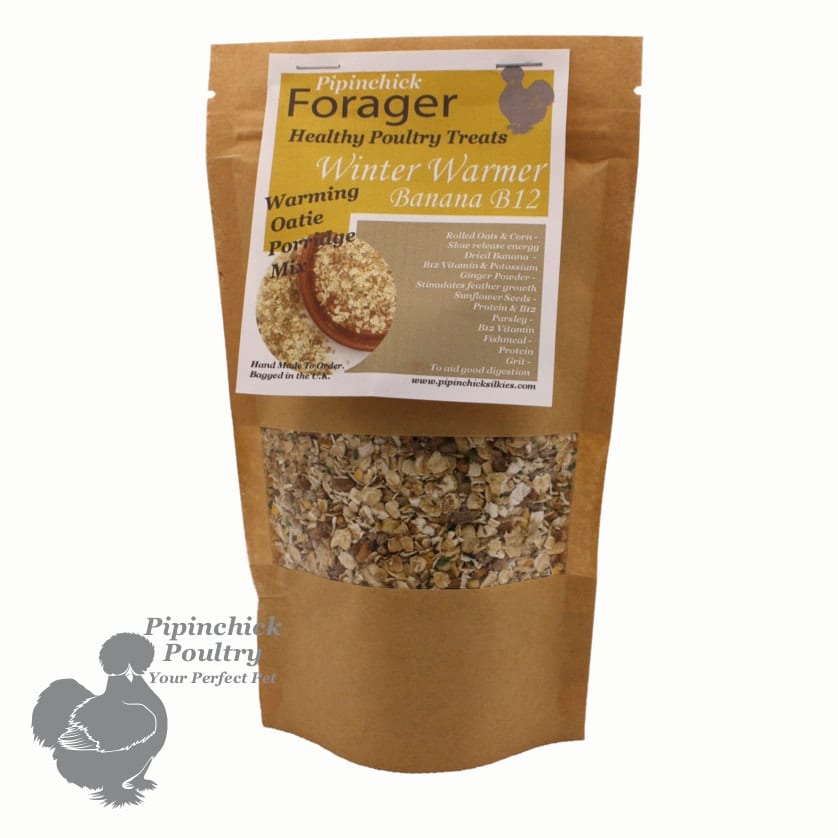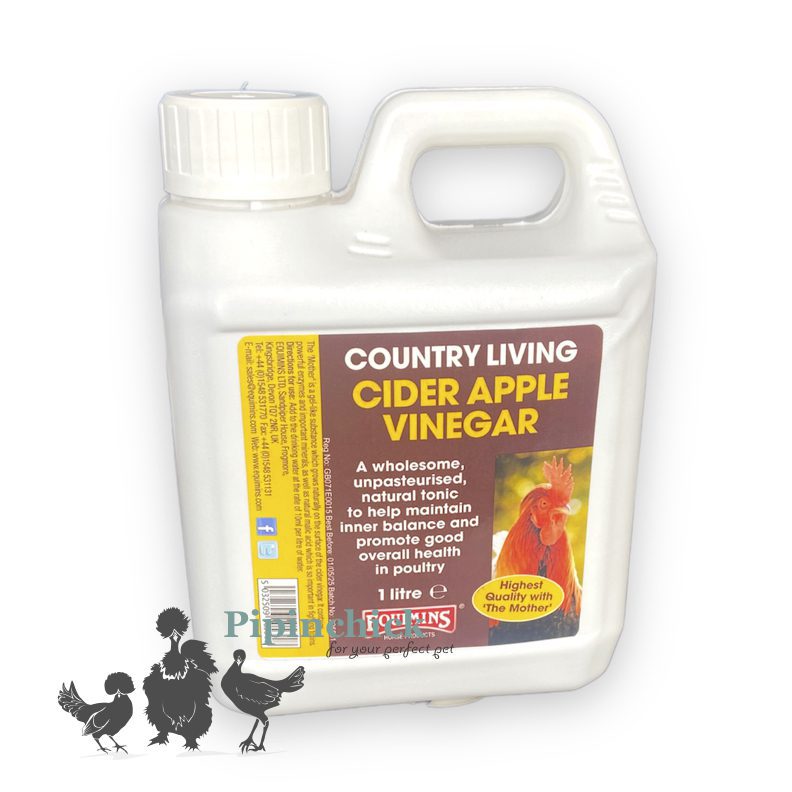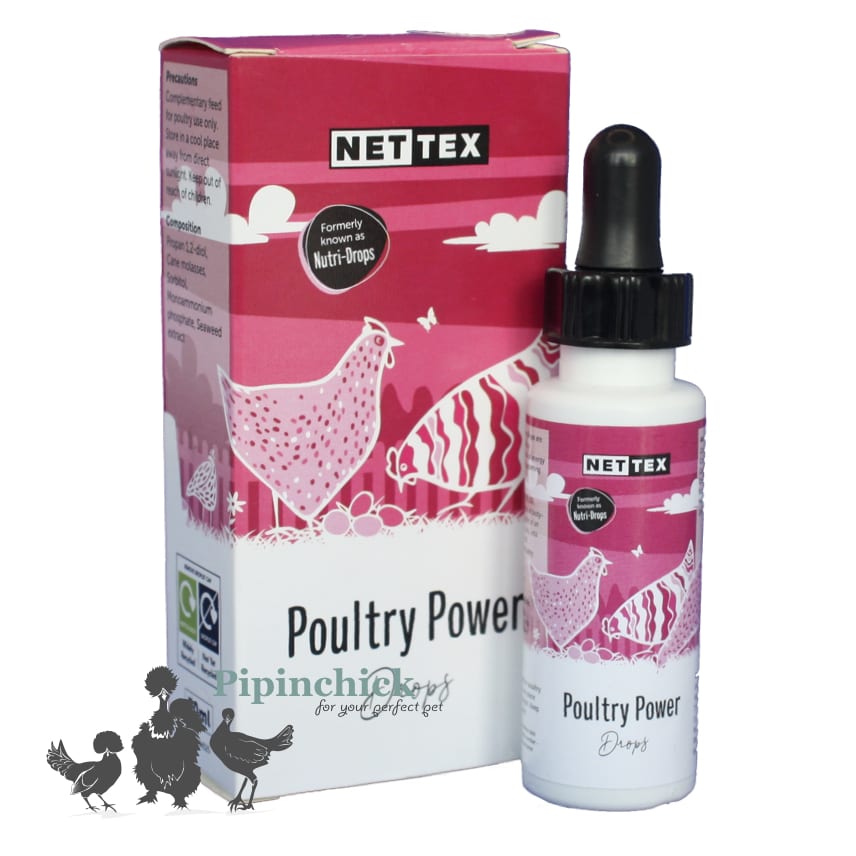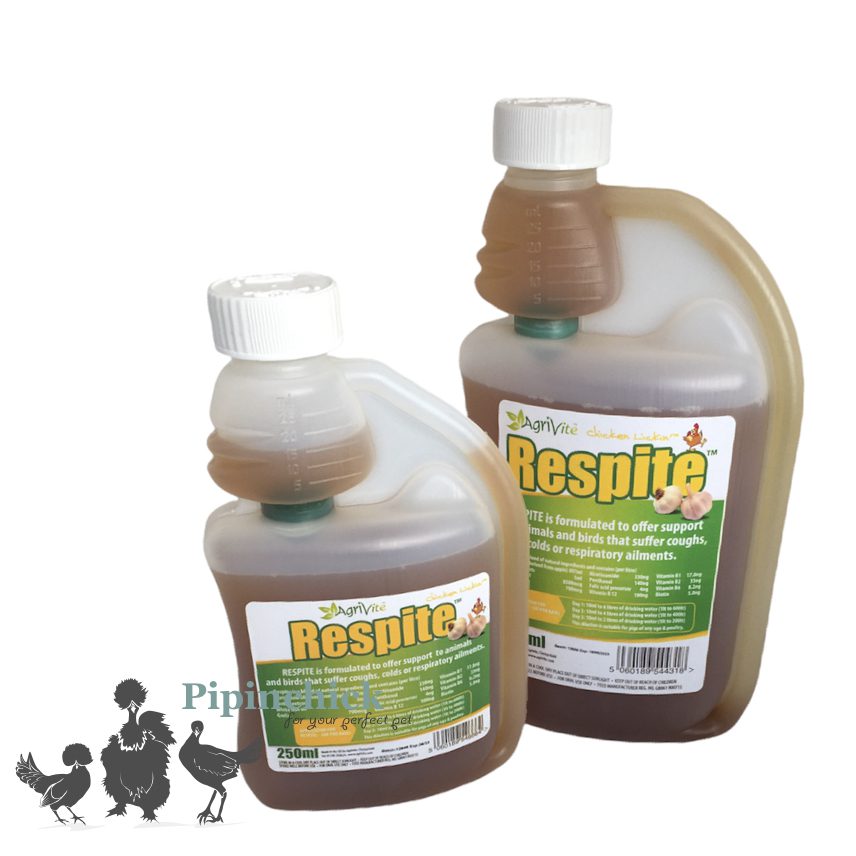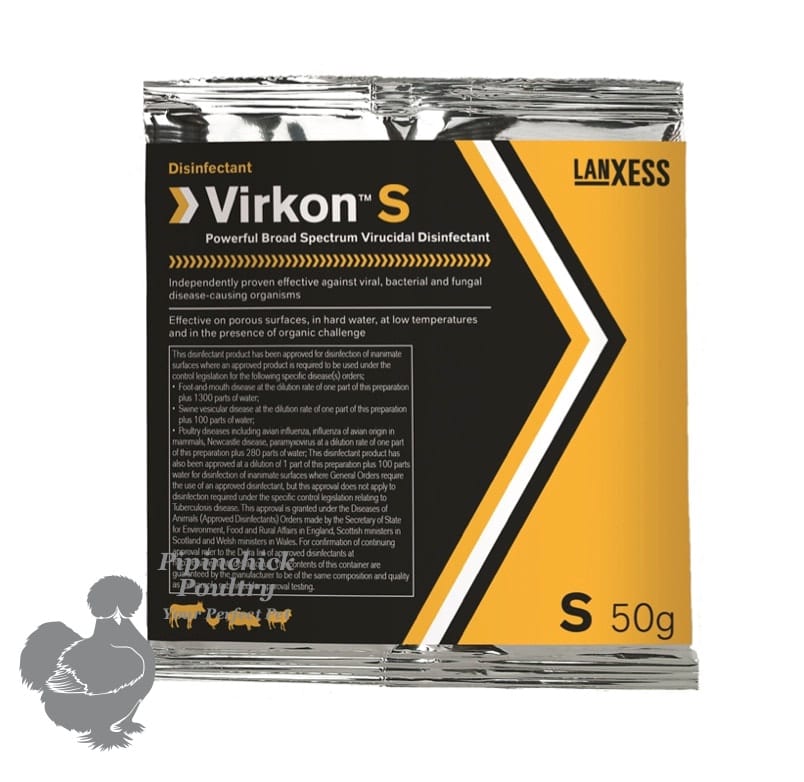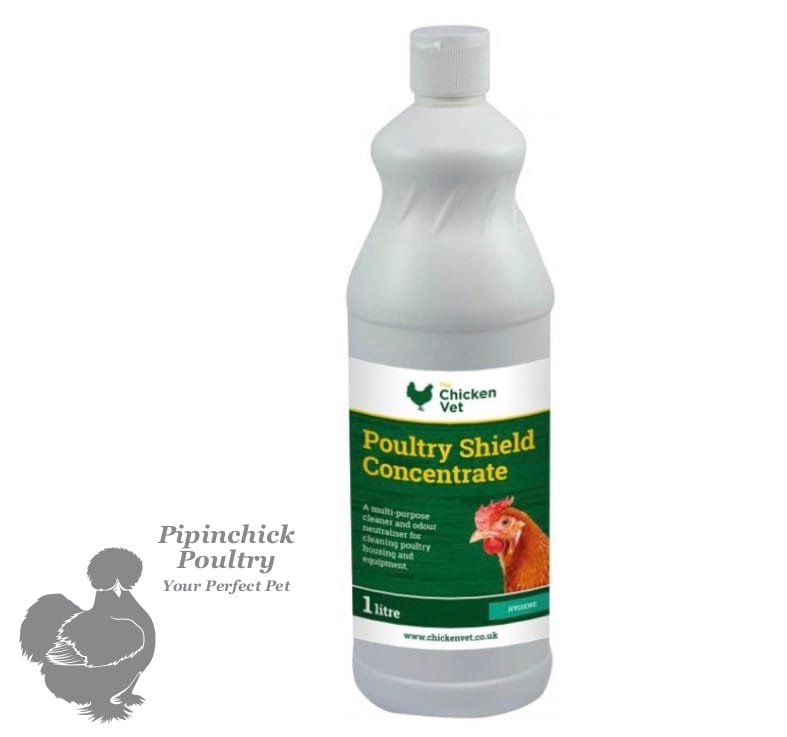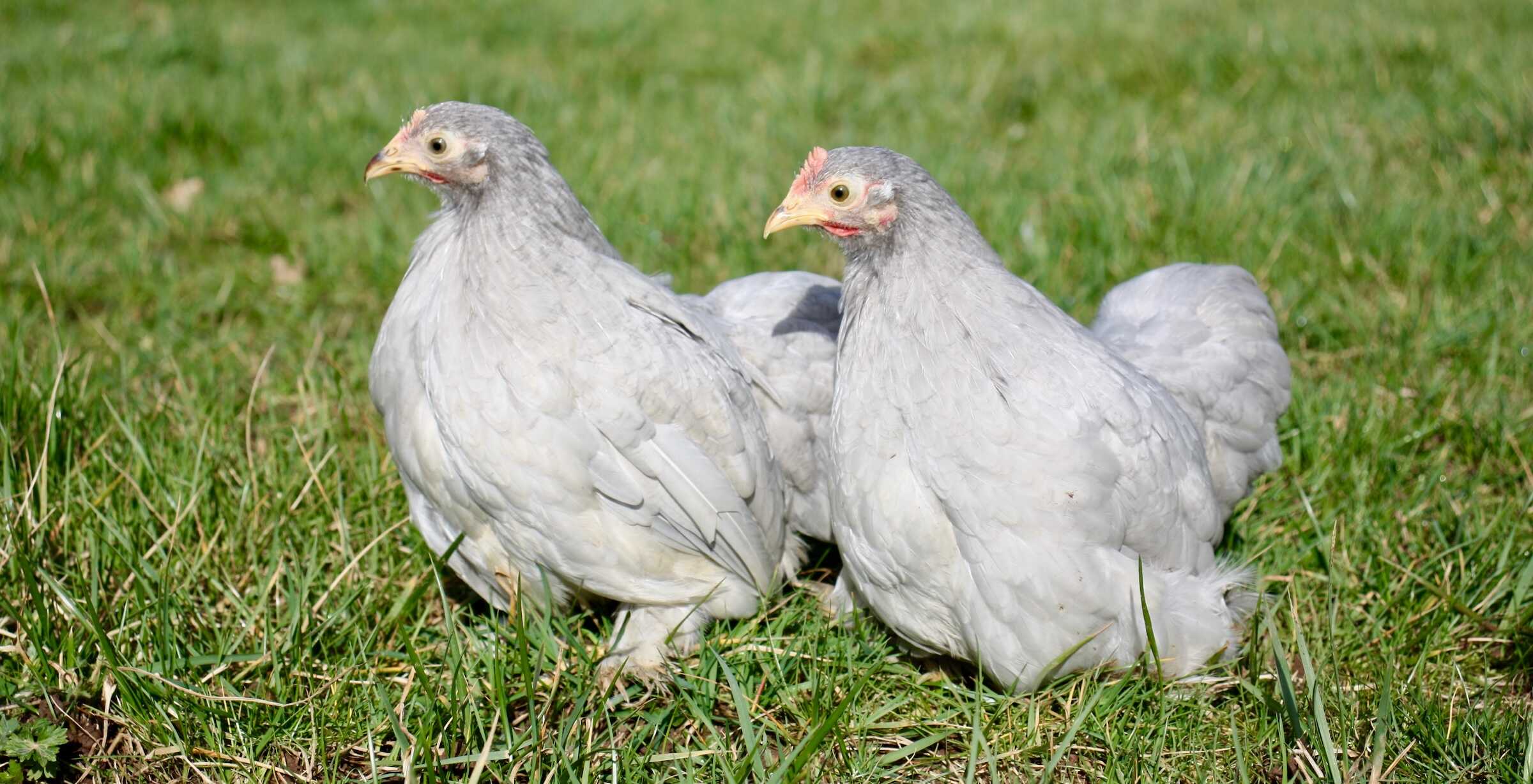



Mycoplasma
What is Mycoplasma?
Mycoplasma Gallisepticum (MG) is a bacteria-like organism that causes respiratory disease primarily in chickens and turkeys, but it can also infect gamebirds, pigeons, ducks, geese, peafowl and wild birds. MG infection in chickens is also known as Chronic Respiratory Disease (CRD). It sounds a lot more serious than it is, think of it is a chicken cold which is treatable with an antibiotic.
The mortality rate is low if caught early enough, if left untreated it can make the bird very unwell and they can die.
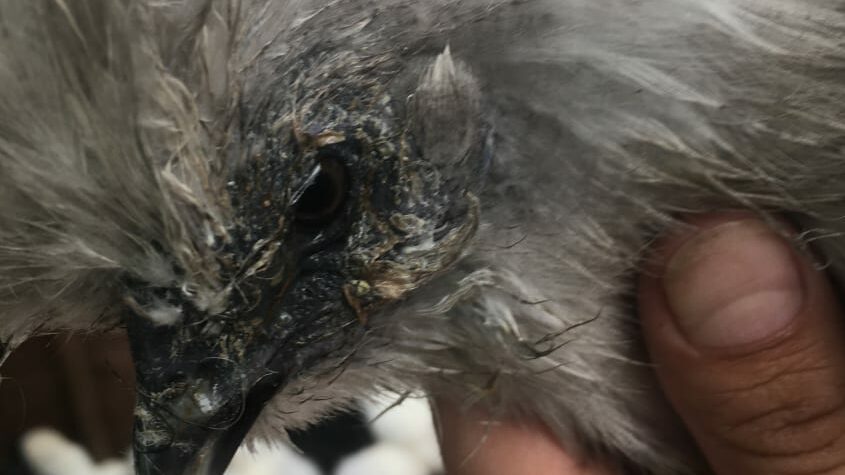
What are the main symptoms of Mycoplasma in chickens?
- Runny eyes, nose, crusting around the eyes and nasal passages.
- Breathing problems, this can be a wheeze or cough and is more noticeable at night when the birds are settling down to sleep.
- Sneezing, we call this the “snick”, it’s a short sharp sneeze that sounds almost like a wet cough.
- Lethargy and hunching, if an infection really takes hold of your hens they can become very still, unmotivated and lethargic, this can cause them to stop eating and drinking. This is a bad sign, it means the infection has really taken hold and you may struggle to bring the birds back to health.
How is Mycoplasma contracted?
Mycoplasma is contracted in a variety of different ways.
- It can be carried by wild birds; free range hens can come into contact with it easily.
- Mycoplasma can be transmitted in dust (fomites), on bedding, on shoes and clothing.
- The infectious agent survives for only a matter of days in the environment.
- Birds can also get the illness from stress triggers such as moving birds to different housing, adding new birds, a change in diet, parasite infection or even a sudden change in the weather (snow for example).
How to prevent Mycoplasma?
Keeping a clean environment is one of the main ways to prevent mycoplasma, make sure you regularly clean and disinfect your coop using our Virkon S single use sachets and good quality cleaners. Ensure your litter is freshened every 2-3 weeks and don’t let poo and muck build up in your run or coop.
Keeping your bird’s immune system strong is another great way to keep a mycoplasma infection under control, using our Pipinchick multi vitamin daily will really help boost a weak immune system, our multi vitamin has been created with extra B12 vitamin which is essential for a well-functioning immune system and good brain cognitive function. The stronger they are the better they will fight an infection.
You can get hens which have been vaccinated for Mycoplasma, however, this vaccine is not a lifetime vaccination and only offers about a 12-week protection period, it will mean your hens have a stronger immunity to Mycoplasma going forward, but it will also mean your flock caries Mycoplasma.
Treating Mycoplasma in Chickens
If caught early enough, Mycoplasma infections respond well to antibiotics. The most common and effective treatment is Tylan, which you’ll need to get via a veterinary prescription. It’s usually added to drinking water or administered directly by syringe, depending on your vet’s advice.
Once treatment begins, most hens start to perk up within a few days, though it’s important to complete the full course to prevent recurrence or resistance.
Even with antibiotics, recovery can take time, and some birds may remain carriers for life. That means they can seem perfectly healthy but still spread the bacteria to others. For this reason, good biosecurity and supportive care are just as important as the medication itself.
Supporting Recovery with Natural Tonics
Alongside veterinary treatment, a good poultry tonic can make a big difference to recovery. Products such as Agrivite Poultry Respite Tonic are designed to support hens during and after respiratory illness. Respite is a natural, herbal tonic that helps soothe respiratory distress, relieve coughing, and strengthen the immune system.
Adding it to drinking water for a few days (or as directed on the bottle) can help your hens bounce back faster and regain their energy. It’s especially useful after a bout of Mycoplasma or when your flock seems run down during cold or damp weather.
How to Give Medicine or Tonic to Chickens
Administering medicine to chickens can feel daunting, but there are a few easy methods that make it far less stressful for both you and your birds.
- In Drinking Water
Many antibiotics and tonics can be diluted into the flock’s water supply. Always remove other water sources so all hens drink from the treated supply. Keep it fresh daily, and follow dosage instructions carefully. - By Syringe or Dropper
For individual treatment, use a small syringe or dropper to gently give medication straight into the beak. Hold the hen firmly but gently, keeping her calm and upright to avoid aspiration. A towel around the body can help if you’re working alone. - On Food or Treats
If your hens are fussy drinkers, you can sometimes disguise medicines by mixing them with a small amount of soft food such as scrambled egg or a favourite mash. Just make sure each hen gets her full dose. - Aftercare
Once your hens are medicated, keep them warm, dry, and stress-free. Clean out the coop thoroughly to remove any lingering bacteria, and avoid introducing new birds until your flock is fully recovered.
Can Mycoplasma Be Prevented?
While you can’t always stop bacteria finding their way in, good flock management goes a long way toward prevention.
- Keep coops clean and well-ventilated
- Avoid overcrowding
- Quarantine new birds for at least two weeks
- Use disinfectant regularly on feeders, drinkers and perches
- Provide a balanced diet and vitamin supplements to boost immunity
A healthy, happy flock is naturally more resilient to infection.
When to Call the Vet
If symptoms persist after tonic use, or if your hens appear to struggle with breathing, lose condition, or stop eating altogether, contact your vet right away. They can confirm the diagnosis and prescribe the right antibiotic or treatment plan.
Does my Chicken have Mycoplasma?
Mycoplasma can sound worrying, but it’s one of those conditions many chicken keepers will encounter at some point. The key is early recognition, prompt treatment, and plenty of supportive care. Keep an eye out for sneezing or bubbling eyes, act quickly if you suspect infection, and always have a bottle of something like Agrivite Poultry Respite Tonic on hand for those times when your flock needs a little extra help. With good management and a watchful eye, your hens will be back to their cheerful, egg-laying selves before you know it.
You can also check our chicken health checker to help diagnose whether your chicken is suffering from Mycoplasma, or use our "call me asap" help service - for only £12 you can book a video call with our chief chicken whisperer, where we can help diagnose any ailments your chicken may have. Pipinchick stocks a wide range of chicken healthcare products to support your chickens' health and well-being. We are one of the UK's most trusted suppliers of live chickens delivered safely to your door, after being reared with love at our farm in the beautiful Somerset countryside near Bristol.
Face to Face Consultation.
If you are still unsure about the health of your chickens and would like a professional opinion, we now offer live face to face consultations via Zoom, WhatsApp or Facetime, this allows us to have a face-to-face call with you and your chickens. You can show us what’s wrong and we can then offer real-time advice and care tips.
